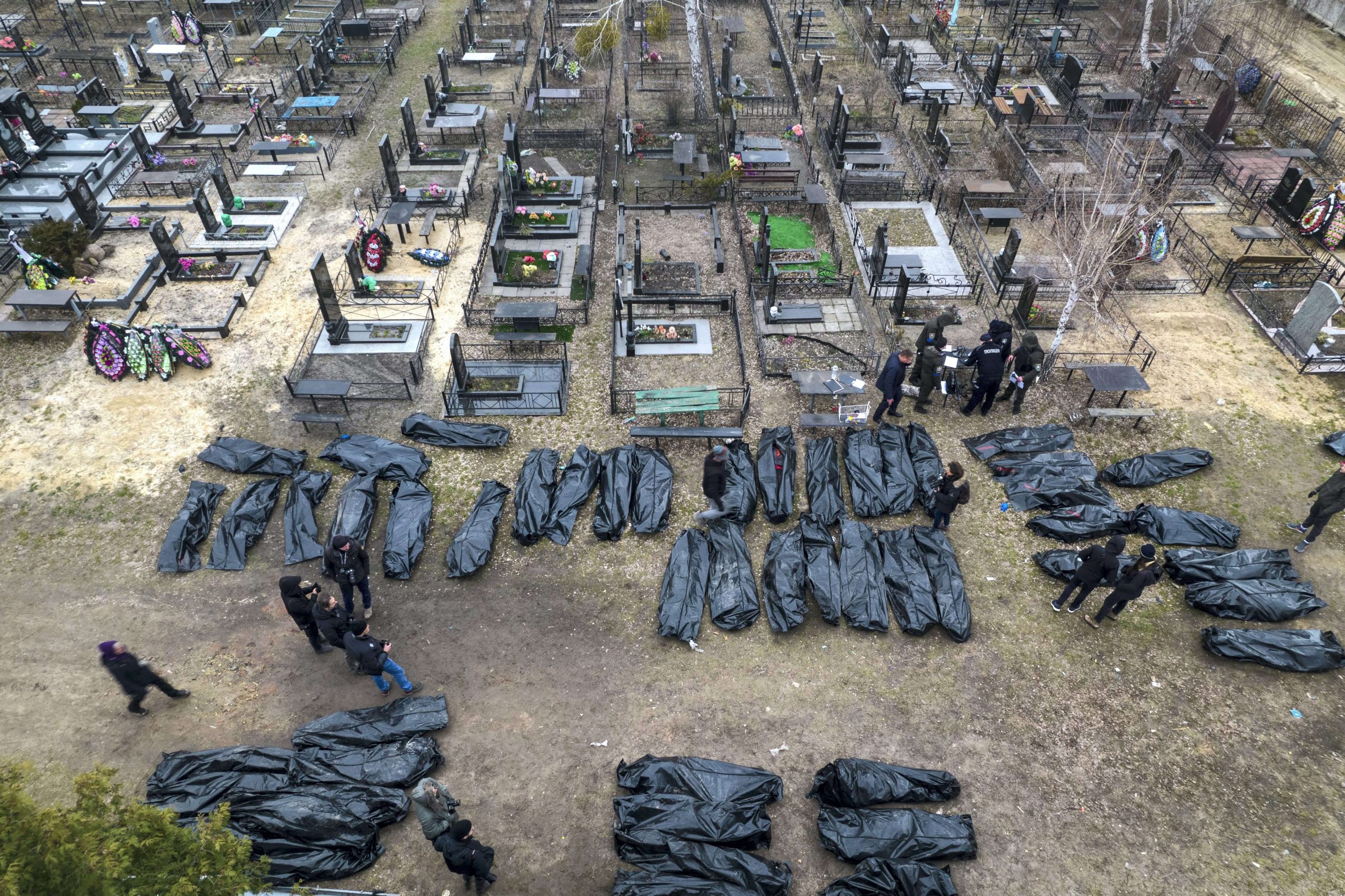A spokesperson from the United Nations Human Rights Council said on Monday that a special session on Ukraine will be held this week, after Kyiv’s request for a review of the situation there, including reports of mass casualties in Mariupol.
Diplomats revealed that the Thursday meeting might include a resolution directing the newly constituted Commission of Inquiry studying the war to submit a thorough report to the council later this year, reported Reuters.
Also read: Russian President Vladimir Putin’s Victory Day speech: Key points
Germany, the United Kingdom, Turkey, and the United States were among the 55 countries that signed a letter demanding the conference.
Diplomats supporting Ukraine said the show of solidarity was critical amid fears that Russian strikes will intensify as Moscow commemorated the Soviet Union’s World War II triumph over Nazi Germany.
Also read: How the world reacted to Vladimir Putin’s Victory Day remarks
“The current situation requires the urgent attention of the council in view of the recent reports of war crimes and large-scale violations in the town of Bucha and other liberated areas of the country and ongoing reports of mass casualties in the city of Mariupol,” Ukraine’s UN ambassador, Yevheniia Filipenko, wrote in a letter to the council’s president dated May 9, obtained by Reuters.
According to Rolando Gomez, a representative for the United Nations Human Rights Council who spoke to Reuters, the meeting will take place on Thursday.
A request for comment from Russia’s mission in Geneva was not immediately responded to.
Also read: What Vladimir Putin did not say in his 11-minute Victory Day speech
Russia denies targeting civilians and describes its actions in Ukraine as a “special operation” aimed at disarming Ukraine and protecting it from fascists. Ukraine and the West deny the fascist charge and argue that the war is an unjustified act of aggression.
Last month, Russia was suspended from the Human Rights Council, where it was one of 47 voting members, leading Moscow to resign. According to the rules of the council, they could still send an envoy to the Geneva meeting and respond as a concerned country.







